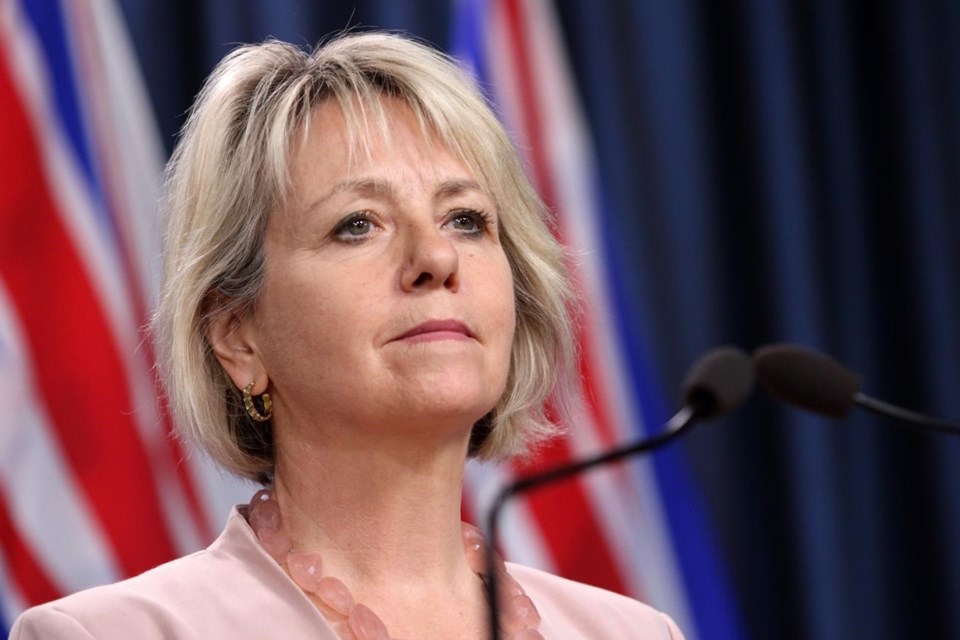VICTORIA — British Columbia's provincial health officer says she does not foresee a scenario where the entire public school system will have to shut down again because of COVID-19.
Dr. Bonnie Henry said during a briefing Thursday that local outbreaks may require individual schools or learning groups to stop classes and self-isolate, but a system-wide closure would only happen under severe circumstances.
"That would mean that we were in dire straits in many other aspects of our community and that's what we're trying absolutely to avoid," Henry said.
Henry made the comments as British Columbia reached a record of daily COVID-19 cases on the same day that schools reopened across the province.
Officials announced 139 new cases for a provincial total of 6,830 since the pandemic began.
There were no new deaths and the total number of fatalities remains at 213.
Henry said she understands the first day of school can be an anxious event, especially this year during a global pandemic, but she adds that British Columbia's community transmission rate remains relatively low.
She said public health teams are ready to support schools, which will be alerted as soon as there is a potential exposure.
"Living with COVID-19 in our communities is the challenge we are going to face for the next months, maybe years, and we need to continue to find a balance," Henry said.
"This is our time to be steady in our actions and ready for what lies ahead."
The level of communication about a school case will vary based on transmission and the protocol for alerts will be posted on the B.C. Centre for Disease Control's website, she said.
Health officials are expecting COVID-19 cases at schools, but not all will be considered outbreaks.
"We know that we'll have cases that pop up and we've seen that in other provinces where schools have started," Henry said, adding that's why daily self-screening for symptoms is so important.
If there's no transmission or exposure possibility at the school, then it's not considered an outbreak, she said. Local health officials will work with the school authorities to ensure families are aware of a possible case, but it may not require anyone else to stay home.
If there is a possible exposure at a school, it could mean part of a learning group must self-quarantine depending on the type of exposure and number of people involved.
The public will be alerted to any outbreaks in schools, she said.
As an example of what might prompt a full school closure, Henry described a scenario where so many adults are sick or self-isolating that there isn't enough staff to safely operate it.
"We've seen that happen with influenza outbreaks, we've seen that happen in other parts of the world where schools reopened," Henry said.
"Those are the things we want to avoid."
Hospitalizations for COVID-19 have also risen to 42, with 14 of those people in intensive care.
Although the health-care system is well equipped to handle that number of cases, Henry warned that the rise in cases suggests more vulnerable adults are becoming infected.
Provincial figures have shown the majority of British Columbians infected with COVID-19 are in their 20s and 30s.
"As more people become ill with this, even if they're mostly younger, we are starting to see that spill over into long-term care homes where people work and have contact with older family members and others in our community," she said.
"That is the warning sign for us, they go together."
Health Minister Adrian Dix gave a guideline for social gatherings this fall, whether in restaurants or at home parties.
"Stick to six," he said, adding the group should be even smaller for small apartments.
"Remember to choose from the same six people, not multiple groups."
— By Amy Smart in Vancouver.
This report by The Canadian Press was first published Sept. 10, 2020.
The Canadian Press


